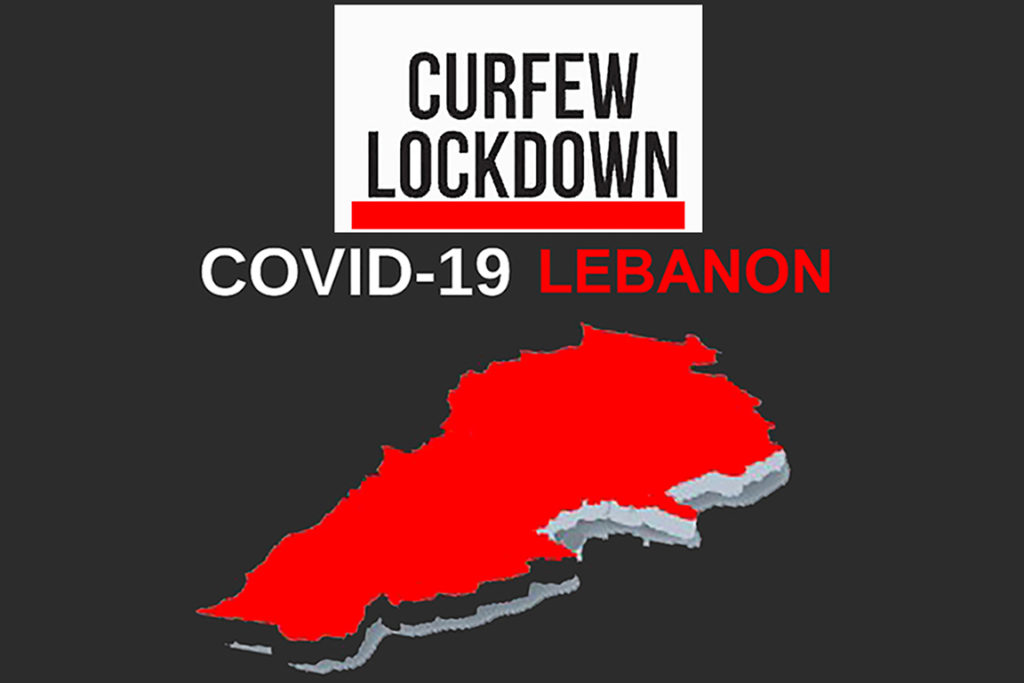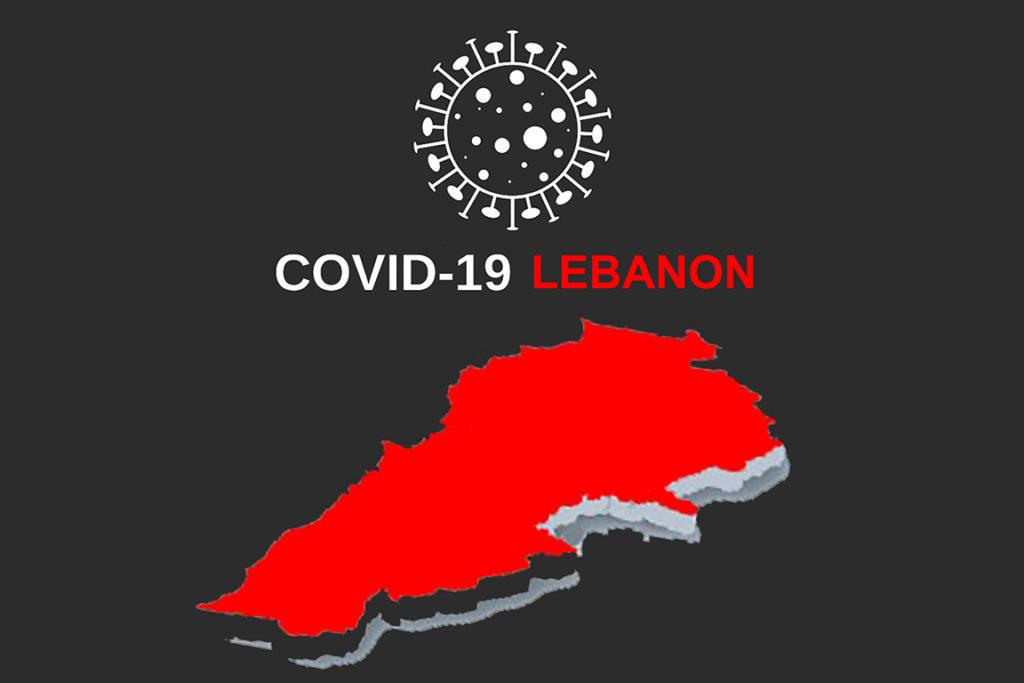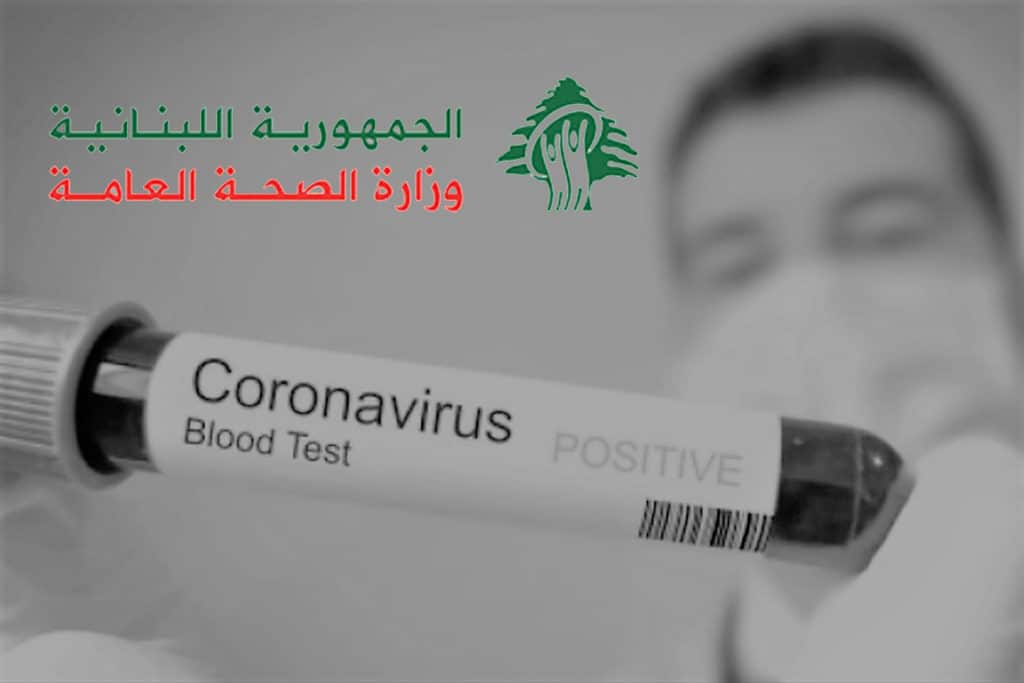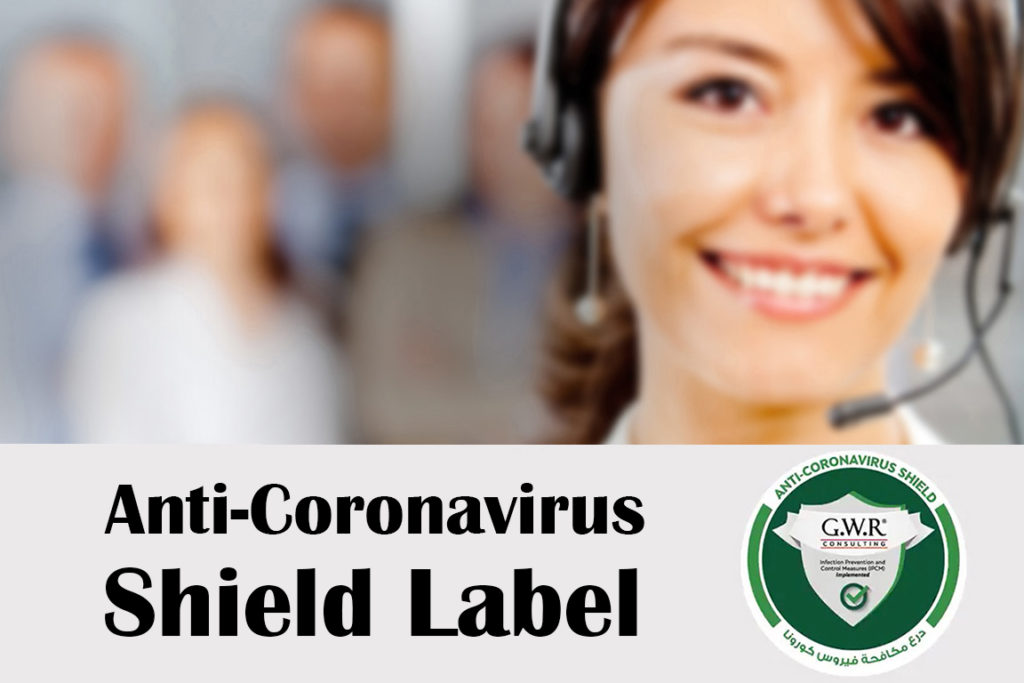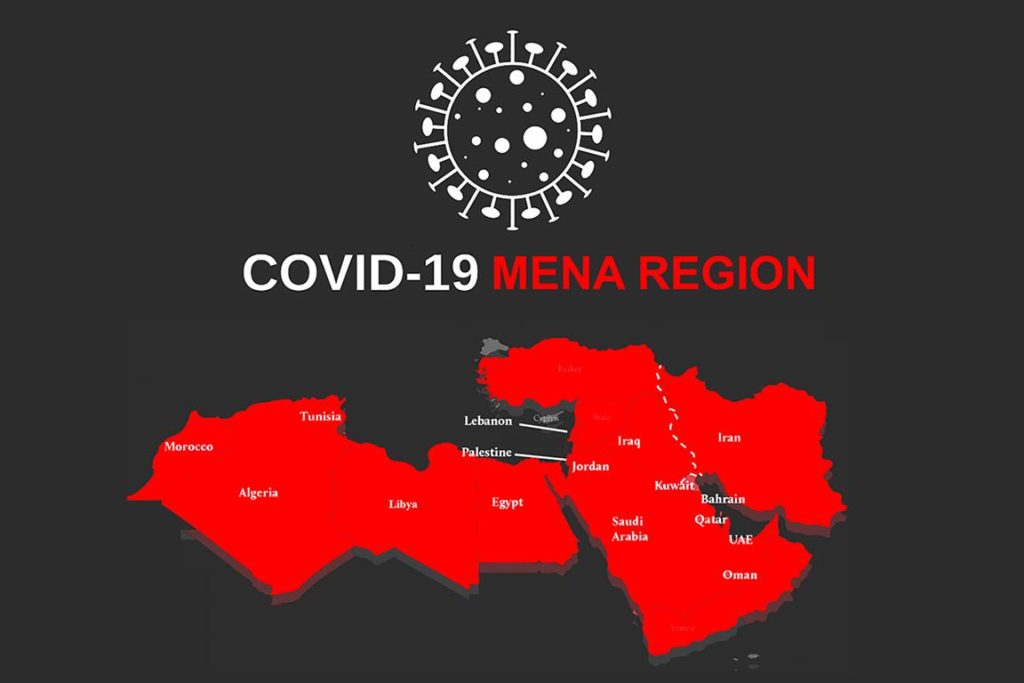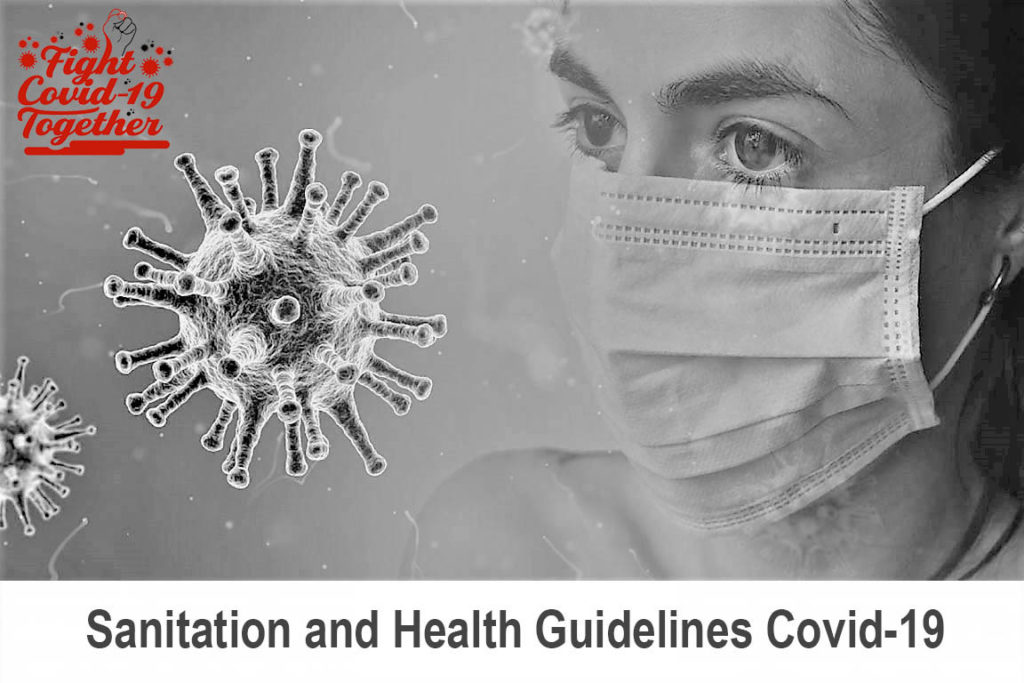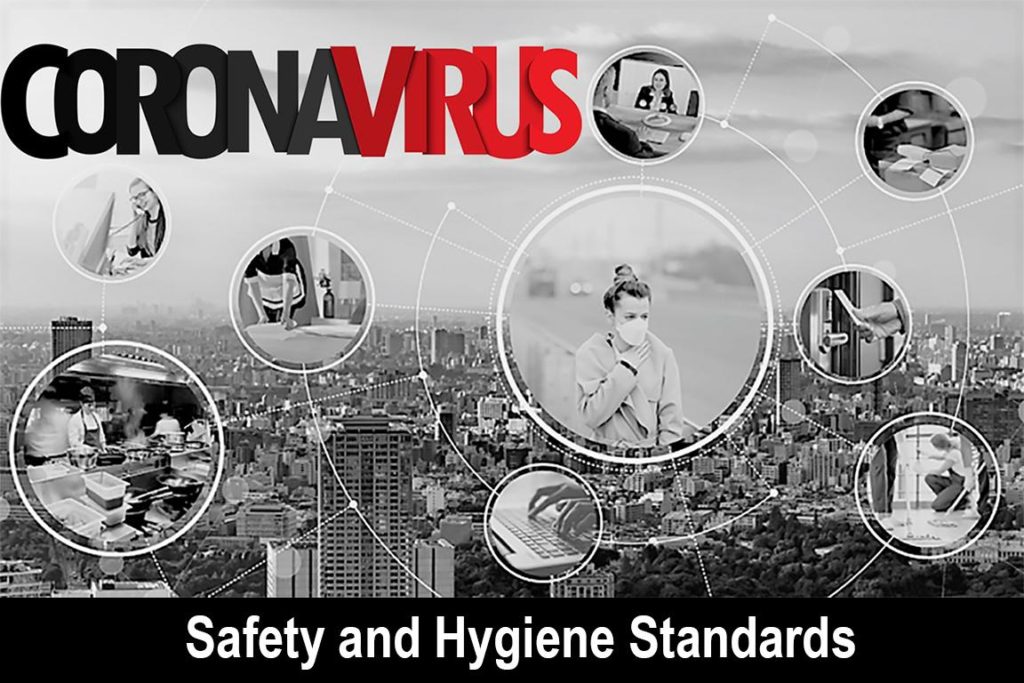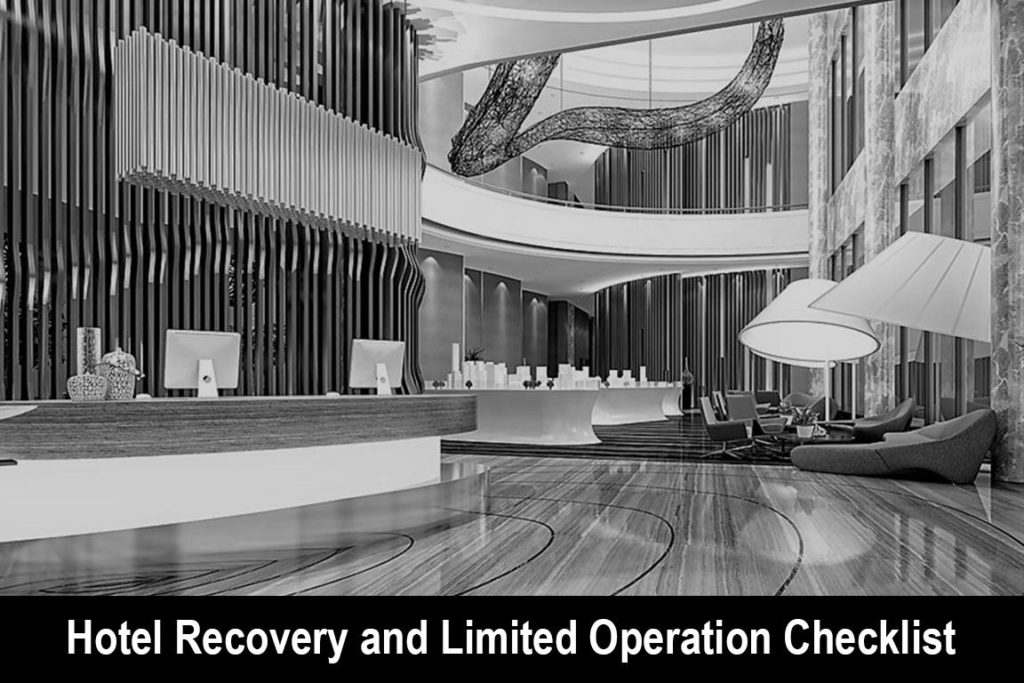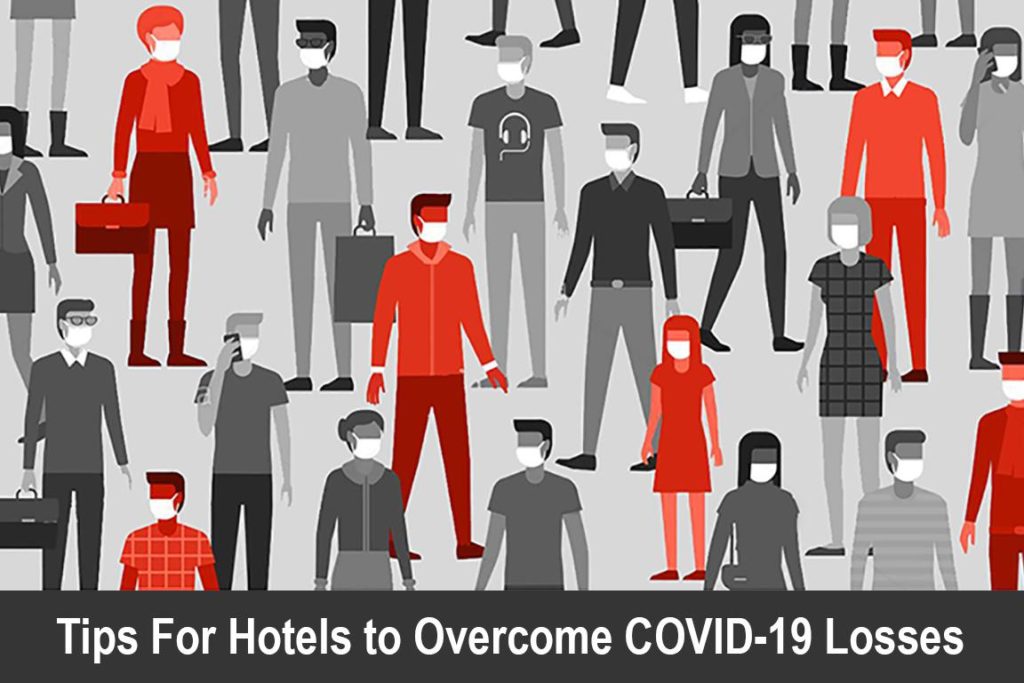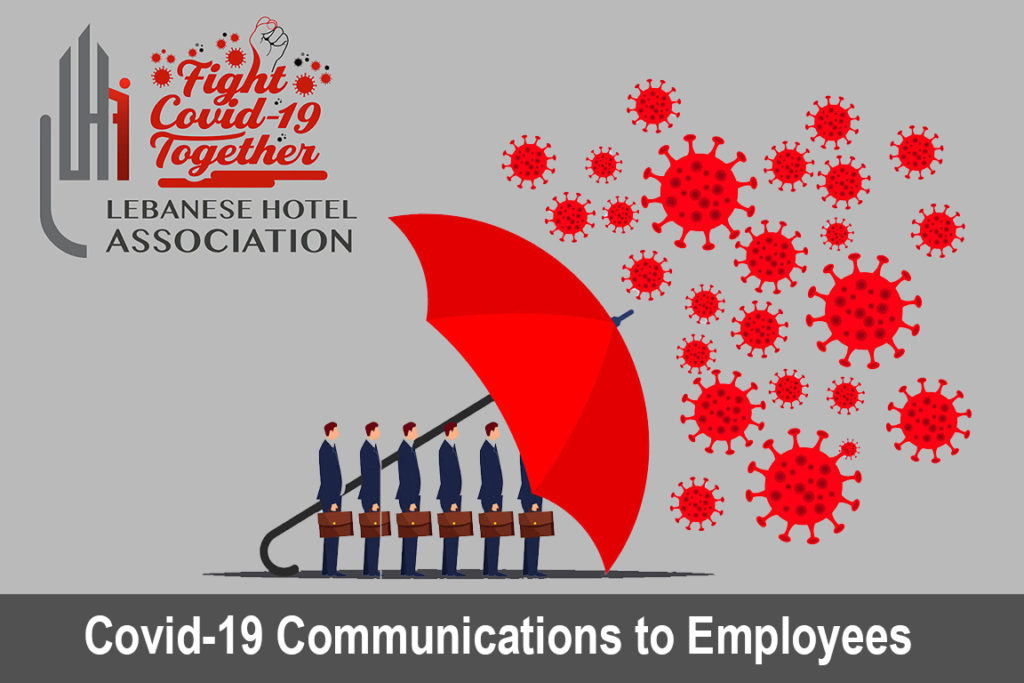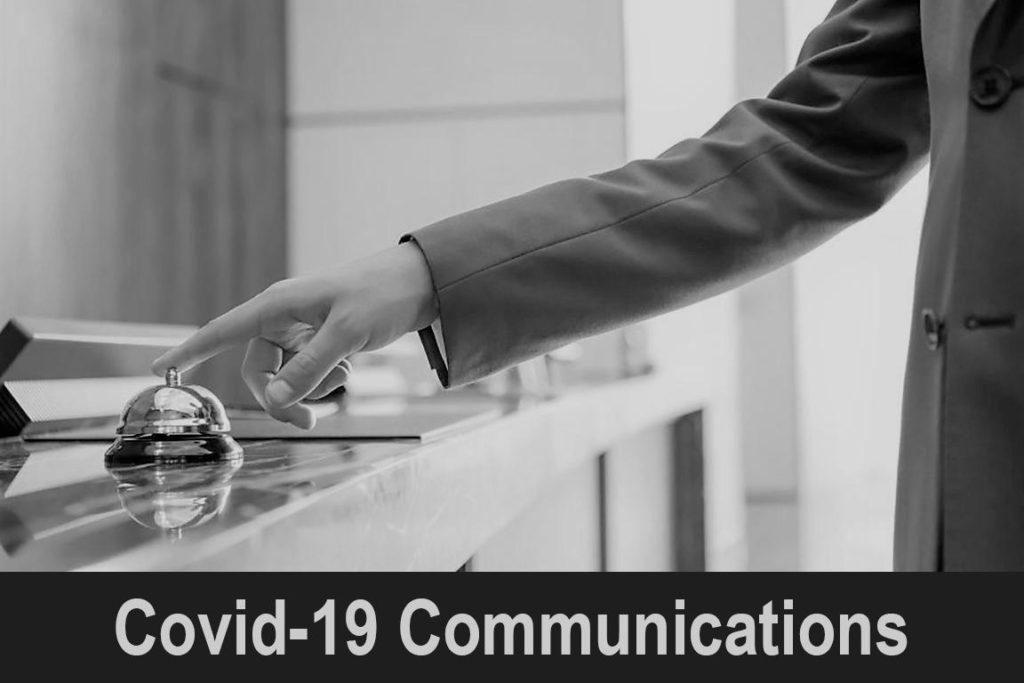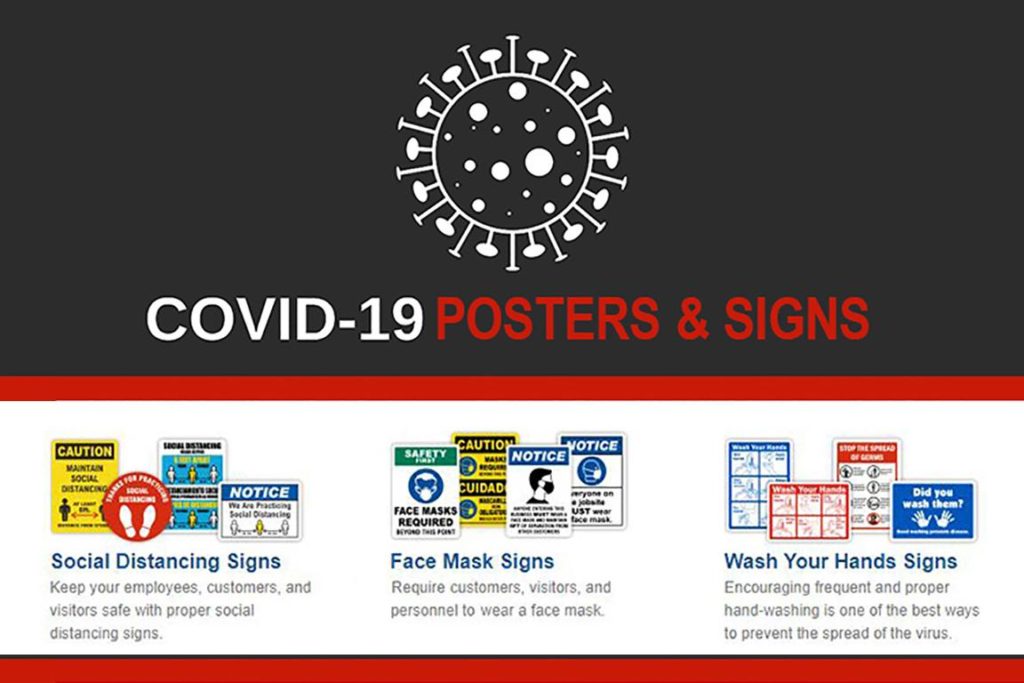A MESSAGE REGARDING COVID-19
The coronavirus is a developing global situation, and we are committed to keeping our members and communities informed of the latest developments regarding COVID-19 at this time. The Lebanese Hotel Association will continue to work closely with our hotel partners to ensure a safe and welcoming experience for our guests and employees. We will communicate any updates as we receive them.
– Pierre Achkar
President
Lebanese Hotel Association
president@lebhoa.com
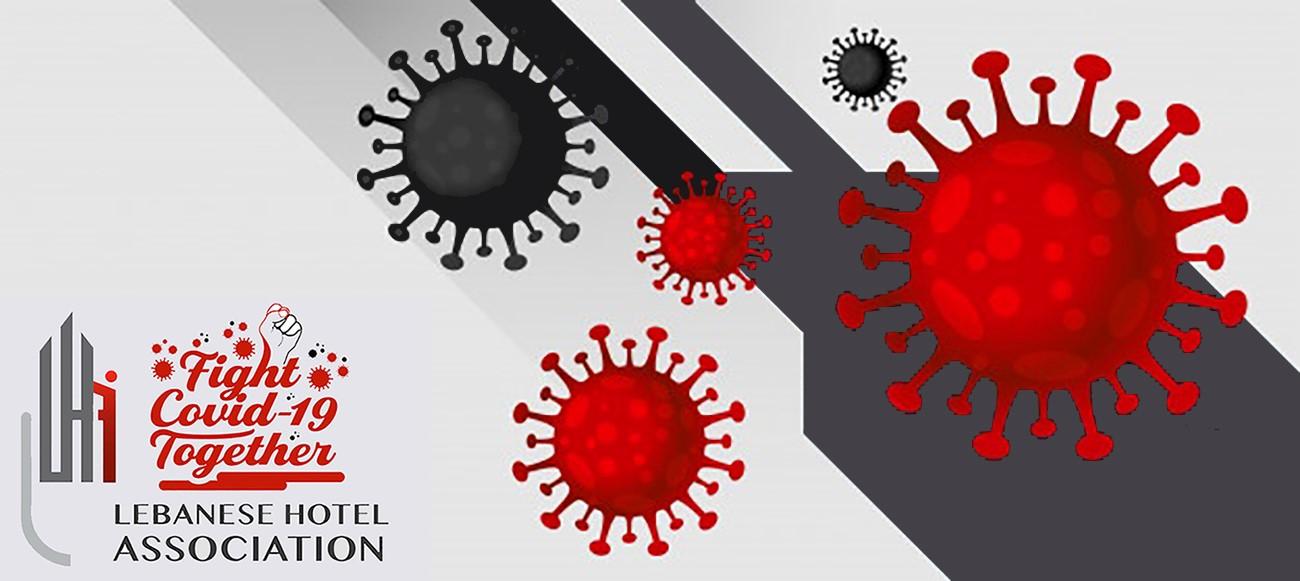
The Covid-19 is forcing professionals to embrace changes, even if they are not how we pictured our industry to be. Meanwhile, hotel operators are creating new images, to adapt as fast as possible to guests, employees, partners and investors’ needs; the owners are draining money to emerge from the ashes.
We agree that our commitment is to follow the World Health Organizations guidelines and local safety regulations to assure that our hotels and restaurants are free of infection risk. We also agree that accommodation and F&B operations, services, and the entire business models have been forced to take painful decisions to adapt our industry to the Covid-19 requirements. Since the outbreak, the top priority has been to give peace of mind to guests, employees, partners and investors.
However, the three core standard operational procedures (SOPs): Safety, Hygiene and Maintenance, are not new topics for hospitality operators.
Furthermore, the international certifications, such as ISO among others, have been lifelong essential requirements to run the business.
The Covid-19 is pushing hospitality service companies to reinforce their SOPs, including additional guidelines and certifications. That in itself doesn’t mean anything, but if you want your business to stay open and get your stakeholders into full swing, you must prove a commitment to security and cleanliness.
What are the leading hotel operators doing in terms of new security and hygiene protocols?
In the chart below we disclose the programs created by seven leading hotel operators:
ACCOR
#AllSafe: it is a cleanliness and prevention label.
The properties will be audited and certification company, Bureau Veritas, it includes an innovative strategic partnership with the insurance company AXA to provide medical support to guests across the hotels worldwide.
FOUR SEASONS
Lead With Care: in collaboration with Johns Hopkins medicine international they will enhance health and safety program at properties worldwide.
HILTON
Hilton Clean Stay: the leader operator created a partnership with Mayo Clinic’s Infection Prevention and RB, maker of Lysol and Dettol.
MARRIOTT
Global Cleanliness Council: it is focused on more than just disinfection across the hotel, they are providing a holistic approach designed to take care of their guests and associates.
RADISSON
Radisson Safety Protocol: a global commitment to cleanliness and hygiene in partnership with Société Générale de Surveillance (SGS).
WYNDHAM
Vacation Ready Programme it is a resort cleaning protocols developed in partnership with ECOLAB.
The hotel operators are coming along with new standards to assure guests, employees and partners that their properties are clean and safe, to enjoy a comfortable and free of contagious risk stay.
However, the COVID-19 additional security and cleaning protocols will certainly affect hotel owners’ out-of-pocket costs, and one common concern is the cost efficiency of these practices.
For that reason, firstly, we will list the common approaches encompass in five key areas, and elaborate afterwards in the most innovative ones, which are particularly proposed by some operators.
Hotel Operators common security and safety practices
Cleanliness
- Increase in cleaning and disinfecting frequency of all hotel areas, F&B outlets and SPA
- To pay special attention to high-touch items
Employees’ safety & comfort
- To provide with personal protective equipment (PPE): masks, gloves and hand sanitizer
- To design specific COVID-19 training and protocols
- Front and Back of the house signage to remind about hygiene practices: proper way to wear, handle and dispose of masks, washing hands and keeping social distancing
Guests’ safety & comfort
- All room keys disinfected and presented safely upon check-in
- Place hand sanitizer stations throughout hotel public areas and entrances
- Guest-accessible disinfecting wipes
- Social distancing guidance in public areas across hotel properties
F&B safety
- Implementation of enhanced food safety and hygiene protocols for restaurants, room service, group meetings and events
- Restaurants and bars may operate with reduced capacity and space tables apart in restaurants and bars to provide physical distancing
- Providing a-la-carte service with digital menus
- In-Room Dining offering contactless delivery outside guestrooms along with sustainable, single-use packaging
- To enhance operational practices for in-room dining
- To design new approaches for buffets
- To adhere to the strict safety procedures while serving all food and beverages
Hotel Operators innovative security and safety practices
Cleanliness
New investment in tools and innovative equipment is expected. For example, electrostatic spraying, ozone technology for air purification and using UV light to sanitize surfaces and objects and as a heating, ventilation and air conditioning (HVAC) coil cleaner. To perform efficient room cleaning controls, hotel operators plan to install discreet QR codes near the rooms to help the housekeeping staff to check the principal touch points have been deep cleaned.
Hilton is including in its protection plan, placing a room seal on doors, which will indicate to guests that their room has not been accessed since being thoroughly cleaned. Furthermore, some hotels are planning to limit the housekeeping service one time during the stay, delivering additional service under request charging an extra cost to the guest. These types of initiatives not only will reinforce the cleaning procedures, but also will be at the same time cost-effective and consequently will reduce labour costs.
Employees’ safety & comfort
Firstly, some operators are proposing to redesign the front desks, implementing Plexiglas barriers to create a safe environment and the hotel staff to respect the two meters social distancing from guests. Secondly, new surveillance tools will be implemented, such as thermal scanners and temperature checks for team members and suppliers, when it is legally permitted or required, as Radisson includes in their protocols.
As part of the specific Coronavirus training, to ensure the team professional awareness of COVID-19, some training programmes will include emotional aspects of customer relationships. For example, Four Seasons aims to ensure empathetic, personalised care and connection are not lost in the absence of close contact and limited face to face interaction.
Moreover, Hyatt and Four Seasons will create specific roles to handle COVID-19 safety standards and to focus on implementing stringent procedures, called “Hygiene Manager” and “Hygiene Office”. Lastly, Four Seasons is equipping the personnel with access to leading international experts and real-time COVID-19 information.
All these additional practices will intensify the professionalism, ensuring that hotels are sanitary and safe for employees to observe good personal hygiene and outstanding working habits.
Guests’ safety & comfort
Perhaps, the most important factor for the long-term success of the hospitality industry is the implementation of technology. Hotel operators are implementing Contactless Technology as part of the guests’ core experience, that even requiring and initial investment they are designed to create more efficient operations, besides to deliver a sense of safety and security. For example:
- Digital key
- Digital check-in with room selection, and digital check-out
- Connected rooms
- High touch areas will switch the physical material and hands touch for digital and contact-less hardware
F&B safety
Specific protocols will apply to food and beverage safety programs including enhanced sanitation guidelines. The industry will reinvent the service provided, design new approaches that meet identical cleaning, employee and guests’ safety and comfort principals.
CONCLUSION
Cleaning, sanitation, hygiene and security- these are more than just marketing buzzwords in the age of COVID-19. The hotel operators quickly are moving on and every brand has a respective way to do it. Once the guidelines are in place, owners are looking at prestigious hotel operators to evaluate cost-efficient measures to implement, owners do care about the ROI. The new equipment, standards and protocols have to be planned with a long life vision, and the COVID-19 has triggered the opportunity to make properties stronger and maintain the efficiency of the operations in the short and long term.
